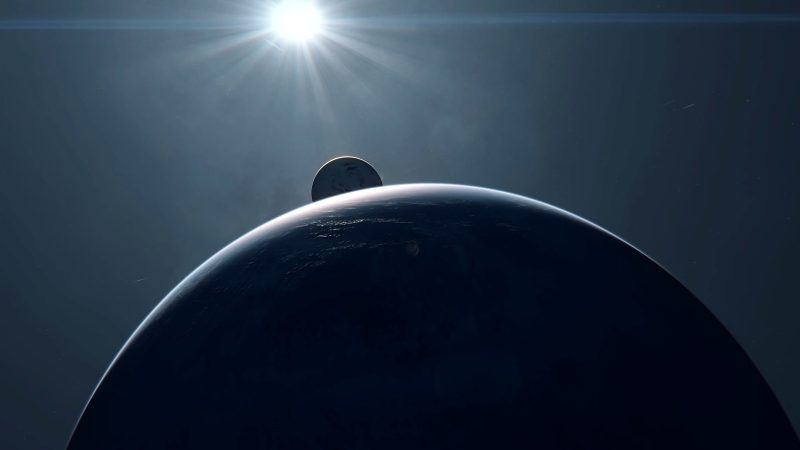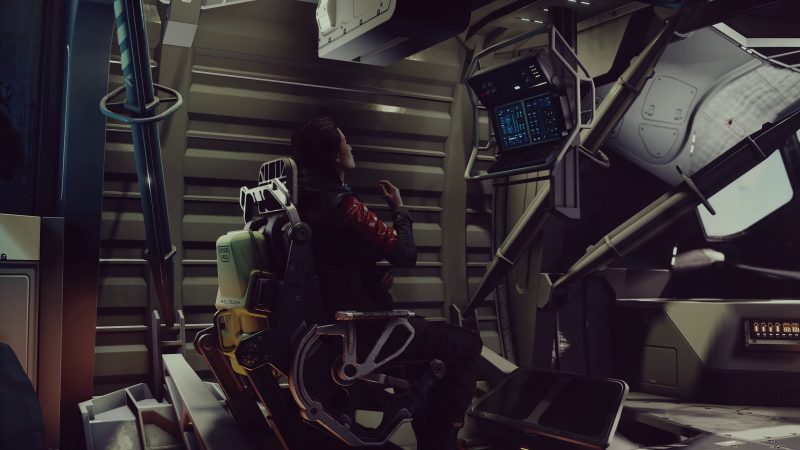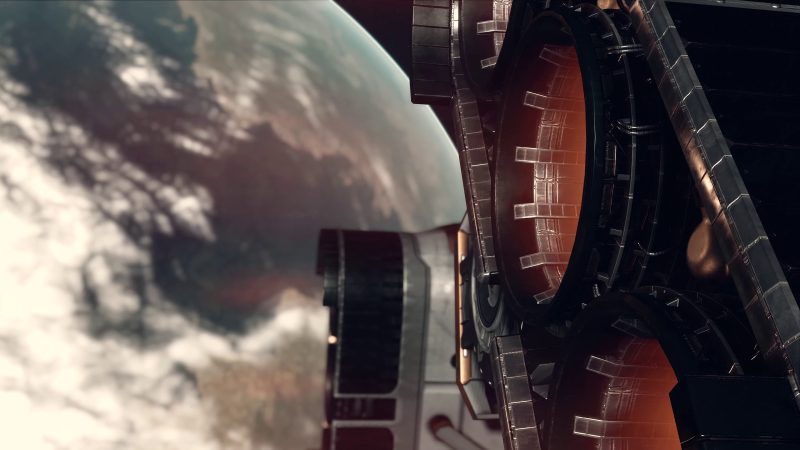The anticipation for Bethesda's next masterpiece, Starfield, continues to rise. This game, which promises a universe of exploration and innovation, is Bethesda's newest invitation to lose ourselves in a vast digital cosmos - years after inviting us to explore a post-apocalyptic earth or a snow-filled expanse.
With Starfield, Bethesda intends to elevate its long-standing tradition of crafting compelling universes by promising, not just a handful, but over a thousand planets brought to life.
Ahead of its release, however, Pete Hines, Bethesda's Head of Publishing, is asking Starfield fans to avert their eyes from discussions about the game, if only for an hour, to watch a certain Netflix documentary.
On Twitter, the ever-vocal Bethesda executive pointed fans to the direction of an hour-long feature, Unknown: Cosmic Time Machine, which offers a beautiful behind-the-scenes look at the ambitious mission to launch the James Webb Space Telescope - the successor to the Hubble Space Telescope and NASA's largest and most powerful space science telescope.
At first glance, one might wonder about the correlation. After all, why would Bethesda link real-world space exploration documentary with their upcoming game? It's not like they asked us to watch dragons, or ancient civilizations that lived underground and vanished out of nowhere ahead of the release of The Elder Scrolls V: Skyrim. But, when you think about it, the question becomes, why not?



